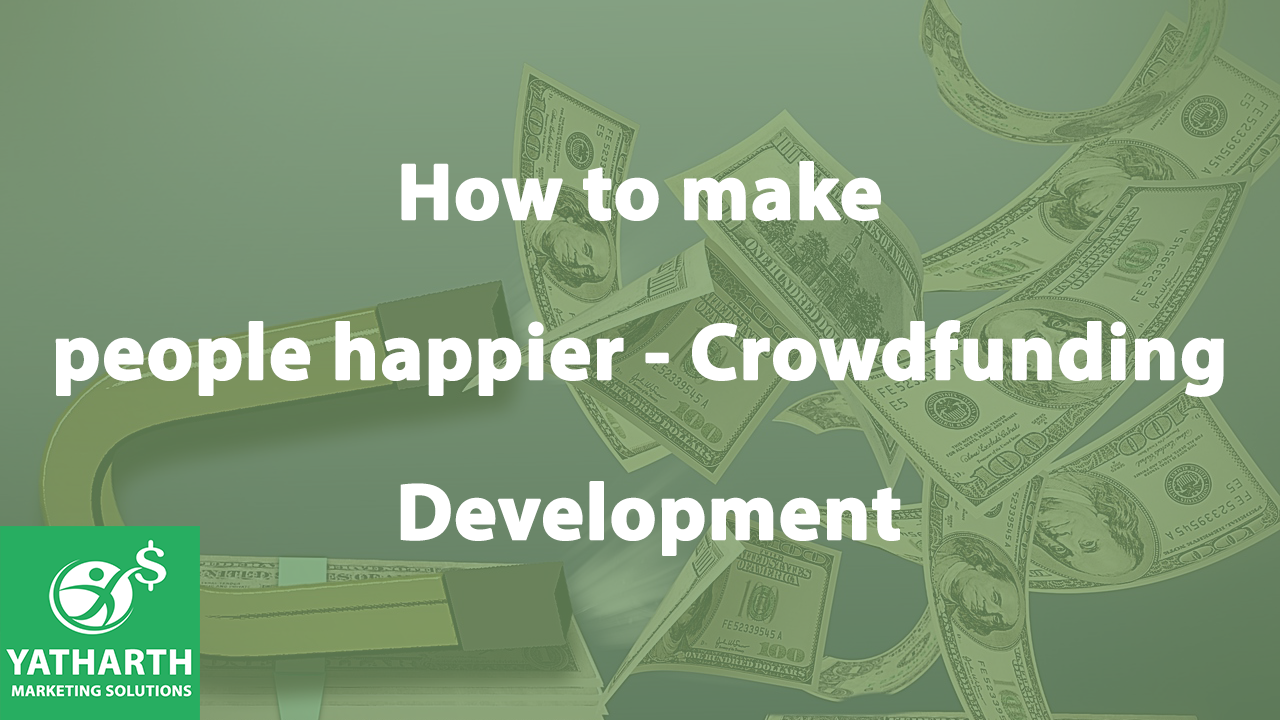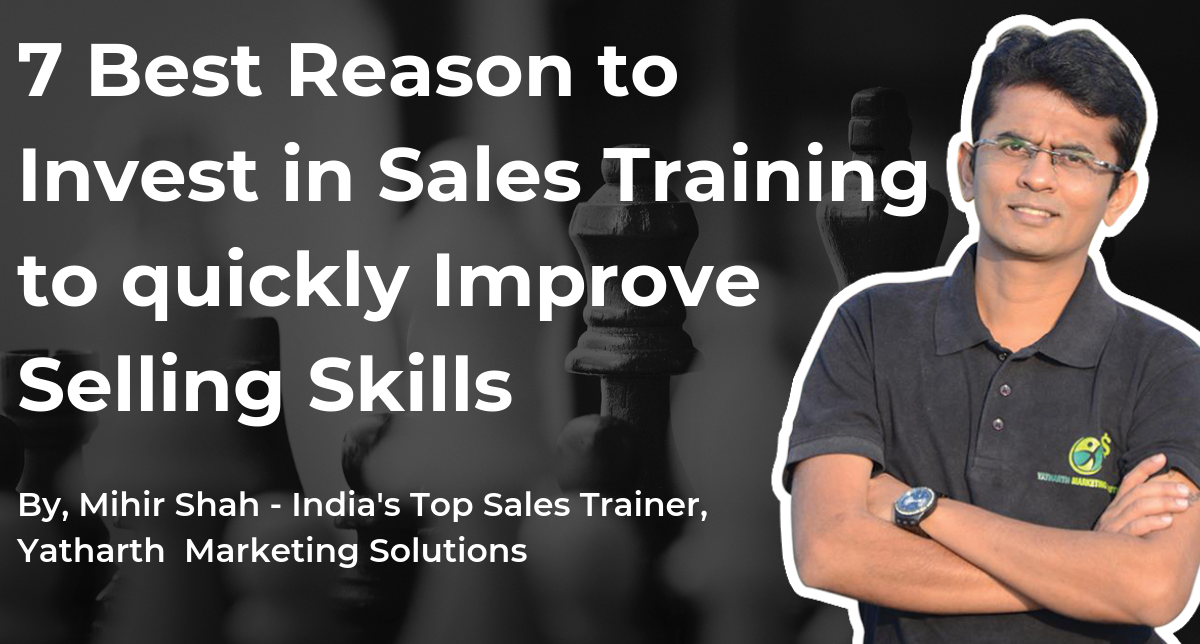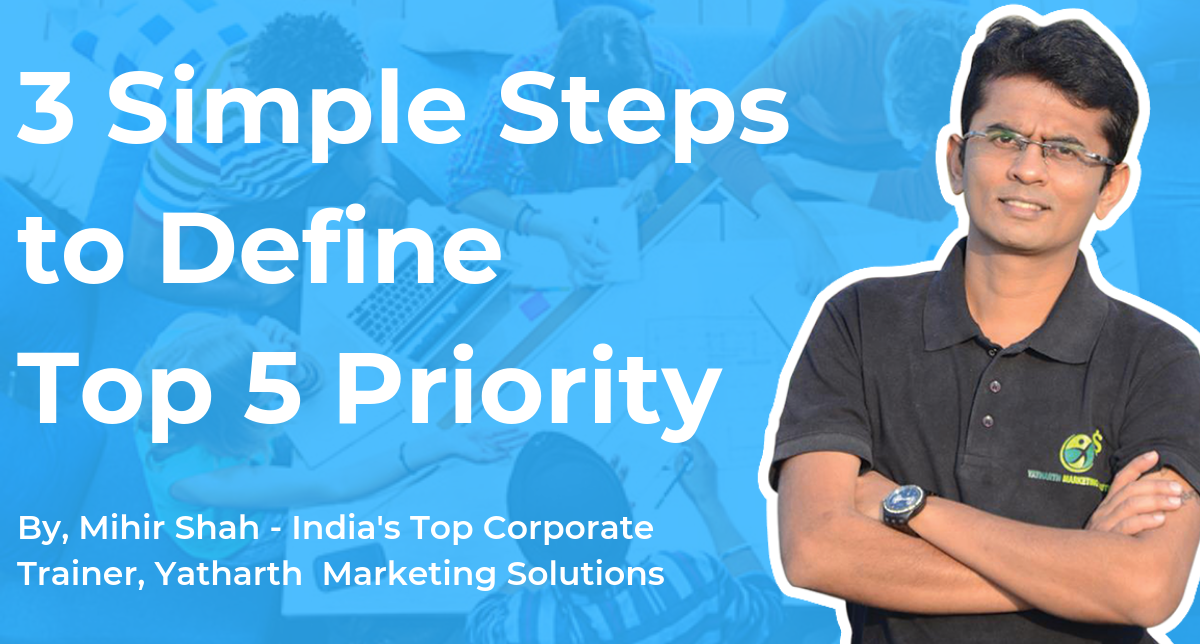When people come up with a business idea, they make a business-plan, marketing research and count if they have enough money to make their dream come true. In the IT world, there can be a shorter way. With crowdfunding platforms and apps, you can raise money for the project and simultaneously you’ll see how popular your idea is. Moreover, you can make your own crowdfunding app to help others spring their ideas to life. What is your profit and what you should know to start developing an app? We will tell you in this article.
What is it all about?
Crowdfunding is a process of cooperation of many people, who voluntarily unite their money or other recourses via a special platform to support someone’s startup.
A person or a company who has an idea, place it on some of the crowdfunding platforms with a description, the sum of money which they need and till they want to raise it. If till that date the project doesn’t raise the claimed amount, all the donators are given their money back. It’s a mandatory requirement, which guarantees the backers that their money is only spent on the project to which they donate and not anything else.
Why do people donate?
Mainly, there are three reasons according to the type and aim of the project:
- charity
- becoming an investor
- getting a reward
Charity
The first type is pretty clear. People just donate to individuals and organizations/communities to make the world better in various spheres, like education, health care, ecology and so on. But if we speak about this type of platforms as a business, it’s not likely to bring you profit.
Crowdfunding as investment
This is already a kind of professional niche in crowdfunding. Here donations start from hundreds of thousand dollars and suppose equity participation of backers in the future startup.
The minus of such an approach is a smaller audience because of high rates.
Reward-based strategy
This type of crowdfunding platforms is the most acknowledged and comfortable for seekers and backers as well. Anybody can donate at such platforms which gives a big flow of users, which makes it profitable and engaging for all the participants. In this model, donors usually count on discounts in purchasing the future product, free shipping, additional services or other bonuses.
The minus is that it’s a b2c cooperation only.
How can you earn on crowdfunding
To understand how it works, we will make some brief overview of the most popular crowdfunding platforms at this market today.
KickStarter is the most successful crowdfunding platform for today. Any projects, starting from techy gadgets, software to healthcare or art can find support here. It follows the ‘’all-or-nothing” principle, meaning you get the money if you have reached the claimed goal. If no, all the money are given back to the donators. The platform charges 5% from the risen sum and there are 3%-5% which are charged by the payment processing system when you pull the funds. After that, the startupper may start giving the perks to the backers and keep them informed about his project.
Indiegogo is another famous site for crowdfunding. The range of projects is also incredibly wide here, from IT projects to art and religion. This site proposes fixed and flexible campaign options. Using the fixed one, you must raise the sum which you have claimed for the projects in order to get it. In this case, the raiser pays 4% fees. If you choose the flexible one, you will get the money even if you don’t reach the aim, but the fees will be 9%. In both cases, the raiser also pays additional 4% for the money processing.
So do crowdfunding platforms earn a lot? It depends on the quality of your product and your efforts in promotion. According to statista, $959 million are supposed to be raised in 2017 by the crowdfunding platforms. So creating a crowdfunding site or an app seems to be worth trying.
What to consider making your own crowdfunding product
First of all, make a decision if you want a web platform or you need a crowdfunding application too. These are two different products, but they can complement each other and their logical workflows are pretty similar.
Payment flows
The main reason why you will make a crowdfunding product is to raise money for projects. So, payment workflows are the most essential and need a lot of attention in the development process. There are two main roles in the process – a backer and a startupper, who need two separate profiles, which should have a very high-security level. People choose such an alternative way to get finances because they believe in it. That’s why to make users feel secure about your platform is an essential tasks.
A startupper should be able to see in his profile how the funding process goes. But he should not be able to take the money till the process is over according to the terms and conditions of the platform.
How can you implement payment processes? There are two ways mainly:
- it can be developed from scratch;
- payment APIs can be used.
The first variant is possible if you have much patience and money for overcoming the bureaucratic complexities in getting license applications in the financial sphere. It will also take a lot of time and may cost a lot because this is not an easy back-end job.
We advise to follow the second variant, because there are a lot of payment APIs, like from PayPal, Dwolla and others which will ease the development process will make it quick and reliable.
Security comes first
Crimes like credit card fraud are very widespread, so the security issue should be the first in your list. Not to make the users’ credentials vulnerable, we strongly advise using encryption methods. One of the most popular for today is SSL. It can be implemented in the web development and suits Android or iOS solutions as well. To keep your customers’ data and money secure is priority number one in this business, so take the choice of the encryption method very seriously and give it to professionals.
Make people know that you exist
Once everything is ready to launch the platform, make sure that you have done your best on the following issues:
- absolutely clear and recognizable UX/UI design – users must feel totally comfortable;
- tutorials with advice and instructions for the future customers on how to make up and promote their stories to get better results;
- integration with all the most popular payment systems and cards;
- share buttons for various social nets for the users and backers to boost the raisins.
Even after the launch, you should never stop working on the project, looking for additional channels on how to advertise the platform. There can be never too much promotion.
Our experience in crowdfunding development
Our company has recently delivered a crowdfunding project CrowdGiv. The platform’s aim is to raise money for charitable campaigns. The campaigns themselves can be group or personal, may contain a detailed description, video, and pictures to give a better idea about itself. The difference between individual and group campaign is that the last one has an option of inviting friends to speed up the fundraising. Additionally, the admin of the website can create partner Fundraising Campaigns. There is also an option to share the story via social nets, like Twitter, Facebook and others.
The whole development process took 1,500 hours. The project is written on Angular.JS and Node.JS. The payment system was implemented by means of PayPal. To provide the best security connection of the website and the server, SSL encryption was used.
Let’s summarize
Crowdfunding is a relatively new yet a very popular sphere in the IT industry, which is now on the roll. It’s not just a profitable business idea, but it also makes a lot of people happy because it makes their dream come true. Isn’t this a perfect way to prosperity? If you are willing to try, an experienced team of developers is ready to help you!


